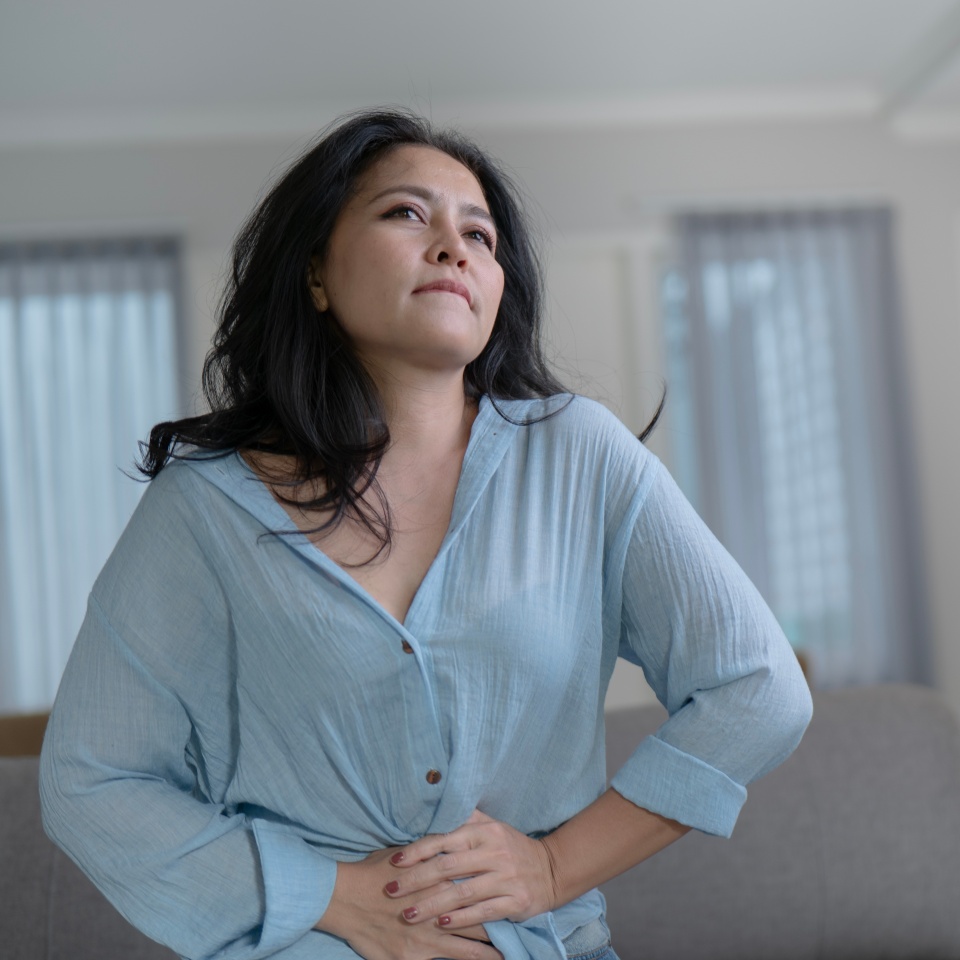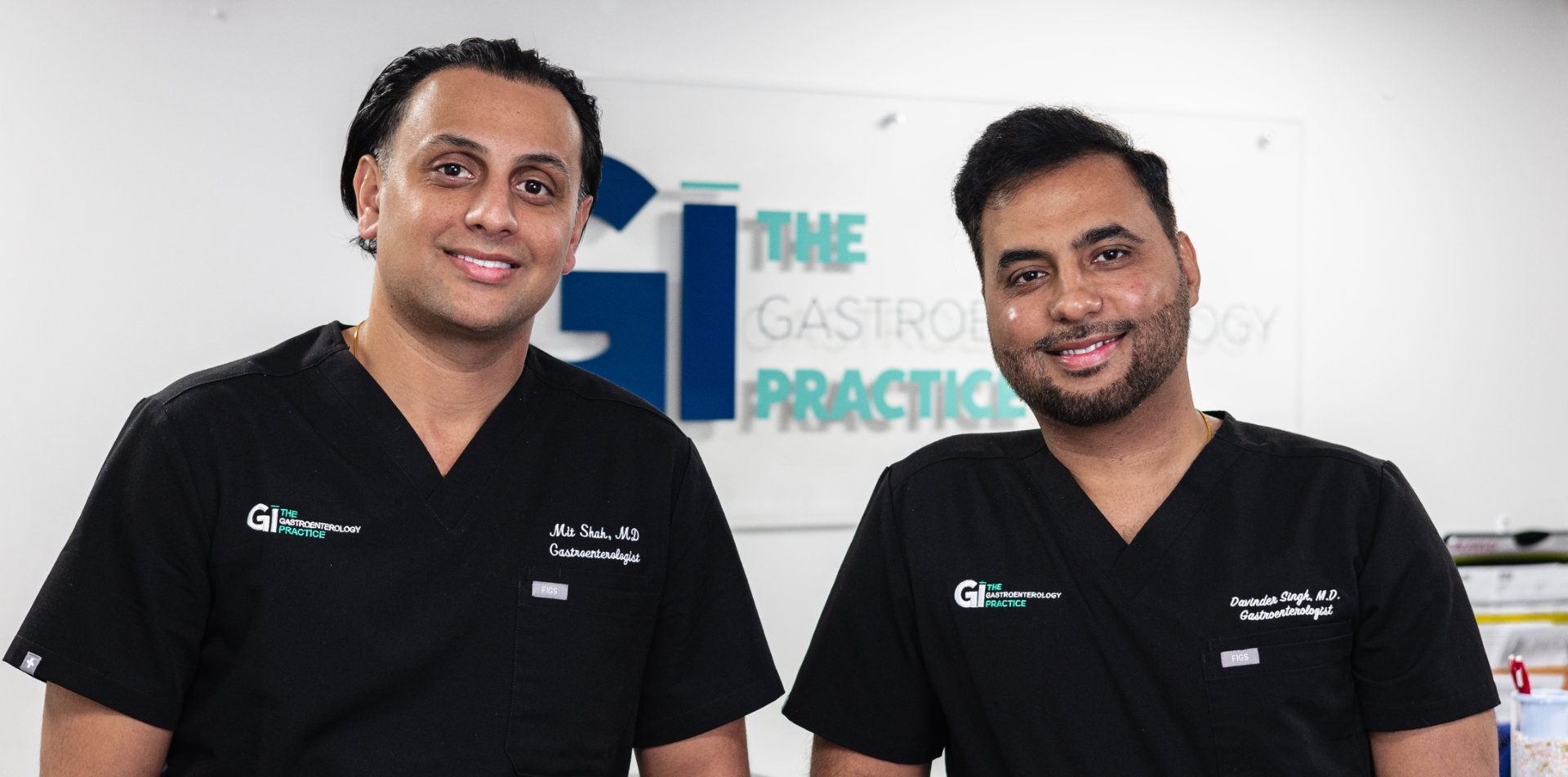At The Gastroenterology Practice, we specialize in comprehensive colon polyp management for residents of Long Island, including Queens and Levittown, NY. Colon polyps, which are growths on the lining of the colon that can be precursors to colon cancer, require careful monitoring and treatment. Dr. Mit Shah, a board-certified gastroenterologist and Chief of GI at Flushing Hospital Medical Center, provides expert evaluation and treatment options, including colonoscopies that can detect and remove polyps before they progress to serious health issues. Schedule your appointment today to ensure your digestive health is in capable hands.
Truly one of the best, he is very well educated and well spoken, he diagnosed me when TWO other gastroenterologists couldn’t. His staff is very friendly as well. His office is also very clean and well taken care of. He cares about his patients and is very deserving of more than 5 stars.
Colon Polyp Management for Long Island Residents
Residents of Long Island, including the communities of Queens and Levittown, benefit from specialized colon polyp management services. The Gastroenterology Practice emphasizes preventive care, ensuring patients receive timely screenings and necessary treatments. Our team understands the local population’s unique needs and risks associated with colon health. By utilizing advanced technologies and evidence-based practices, we actively work to detect and treat colon polyps, reducing the risk of colorectal cancer, which originates from adenomatous polyps in approximately 70% of cases, and promoting overall digestive wellness.
Key Characteristics of Colon Polyps
Colon polyps are growths that can appear on the inner lining of the colon and vary in size and type. They are categorized mainly into two groups: neoplastic and non-neoplastic polyps. Neoplastic polyps, particularly adenomatous ones, can develop into cancer, emphasizing the importance of monitoring during routine screenings, especially since the U.S. Preventive Services Task Force recommends beginning colorectal cancer screening at age 45.
Exploring Types of Colon Polyps
There are several types of colon polyps, each with different risks associated with their presence:
- Adenomatous Polyps: These can potentially progress to colon cancer if not removed.
- Hyperplastic Polyps: Generally considered non-cancerous and less likely to develop into colon cancer.
- Sessile Serrated Polyps: Often found in the right side of the colon and may have cancerous potential.
- Traditional Serrated Polyps: Similar to sessile serrated polyps but have distinct features and risk profiles.
- Non-neoplastic Polyps: Typically do not pose a risk of becoming cancerous.

Recognizing Symptoms Standard of Care
Most colon polyps do not cause noticeable symptoms, making screening critical. Some larger polyps may lead to symptoms like abdominal pain, nausea, bloating, or changes in bowel habits. With routine screenings starting at age 45, as recommended by health organizations, we can detect these growths early and address them effectively.
Diagnosing Colon Polyps Effectively
The gold standard for diagnosing colon polyps is through colonoscopy. During this procedure, Dr. Shah examines the colon and rectum with a thin, flexible tube equipped with a video camera, allowing for real-time diagnosis and the removal of any identified polyps. For patients experiencing symptoms like rectal bleeding or persistent abdominal pain, a colonoscopy may be advised even before reaching the standard screening age.
How We Manage Your Colon Polyp Treatment
Our approach to colon polyp treatment emphasizes patient safety and optimal outcomes. If polyps are detected, Dr. Shah expertly removes them using specialized tools during a colonoscopy. In most cases, diagnosis and treatment occur during the same procedure, minimizing the need for multiple appointments. Dr. Shah’s annual volume exceeds 1,000 cases, showcasing his commitment to excellence in care. However, complex polyps may require additional procedures, which we manage with precision and care.
Strategies for Preventing Colon Polyps
Prevention is key in managing colon polyps and reducing cancer risk. Recommendations include:
- Regular screenings, particularly colonoscopies, starting at age 45.
- Maintaining a healthy lifestyle through balanced nutrition and regular exercise.
- Avoiding smoking and limiting alcohol consumption.
- Addressing genetic conditions with appropriate monitoring and testing.
The Gastroenterology Practice Advantage for Residents in Long Island
Choosing The Gastroenterology Practice for your colon polyp management offers several advantages:
- Experienced gastroenterologists with extensive training in advanced procedures.
- Personalized care tailored to the unique needs of Long Island residents.
- Access to state-of-the-art diagnostic tools and treatment techniques.
- Focus on education and preventive care to reduce your risk of colon cancer.
Frequently Asked Questions About Colon Polyps
-
Most health organizations recommend starting screenings at age 45, though individuals with a family history of colon cancer should consult with a healthcare provider about earlier screenings.
-
Yes, if polyps are identified during a colonoscopy, they can often be removed during the same procedure, allowing for immediate treatment.
-
While many polyps are asymptomatic, signs such as unexplained abdominal pain, changes in bowel habits, or rectal bleeding should prompt a consultation with a physician.
-
Follow-up colonoscopy timing varies based on several factors such as polyp size and type; Dr. Shah will provide personalized recommendations during your follow-up visit.
-
Yes, adopting a healthy diet, engaging in regular physical activity, and maintaining a healthy body weight are key strategies in reducing the risk of developing colon polyps.

Why Choose Us
Choosing The Gastroenterology Practice guarantees quality care for your colon health. Our experienced team is dedicated to providing personalized treatment and comprehensive monitoring. With cutting-edge technology and advanced techniques, we ensure that every patient receives the best possible outcomes.
- Highly qualified gastroenterologists with years of experience.
- State-of-the-art diagnostic tools for accurate assessments.
- Focus on preventative strategies to reduce risks.
- Compassionate staff dedicated to patient comfort.
Schedule Your Consultation Today
Take control of your colon health with The Gastroenterology Practice. Schedule your consultation with Dr. Mit Shah in our Queens or Levittown office to discuss your colon polyp treatment options and learn more about how we can support your health journey. Whether you are due for a routine screening or have specific concerns, our team is here to help.
